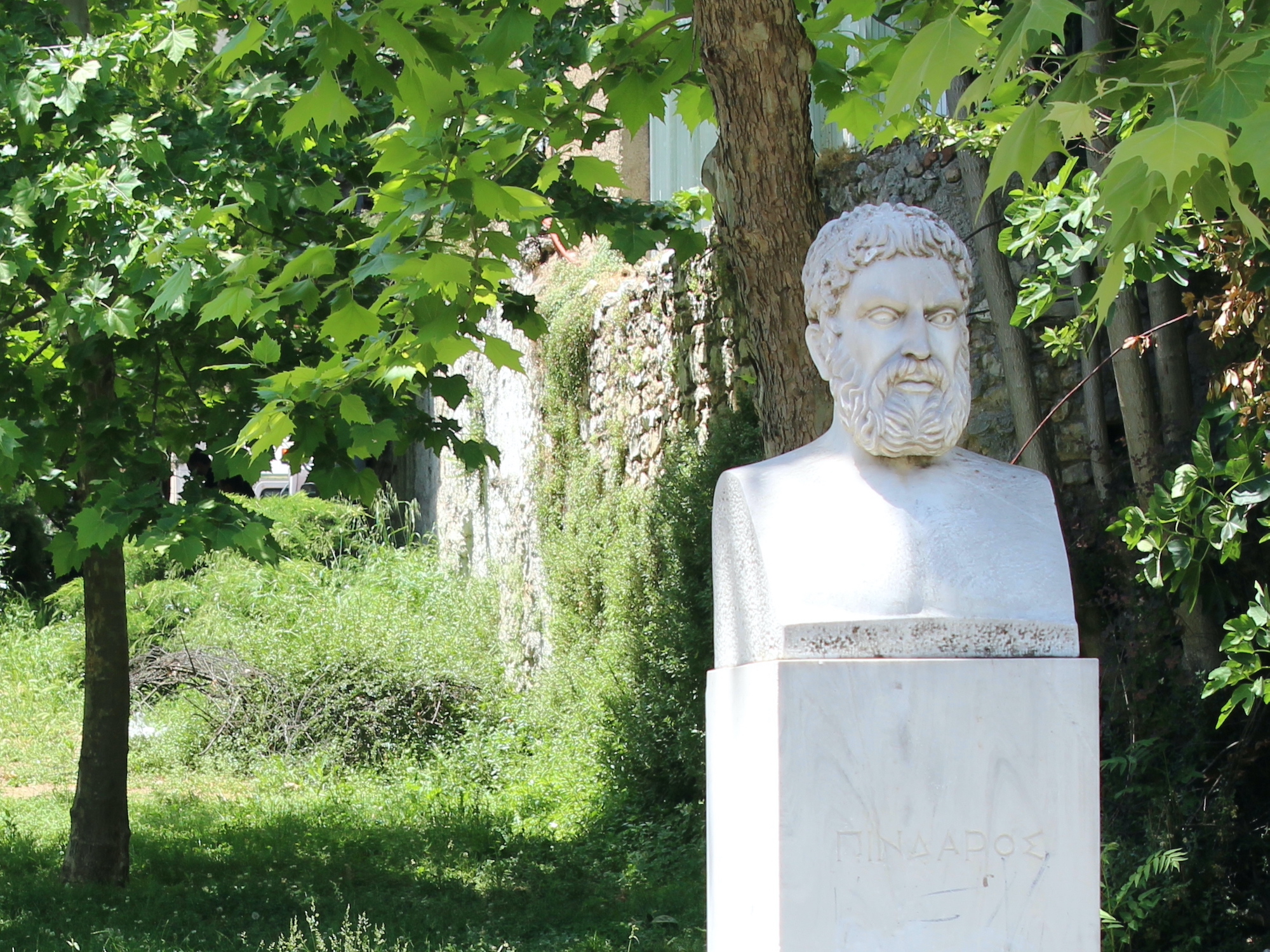5. Language and Literature: Ancient Authors, Books, Articles, Reviews

Published
2022-12-19
How to Cite
-. (2022). 5. Language and Literature: Ancient Authors, Books, Articles, Reviews. Teiresias Journal Online, 1(2). https://doi.org/10.17879/tjo-2022-4578
Issue
Section
5. Language and Literature
License

This work is licensed under a Creative Commons Attribution-NonCommercial 4.0 International License.

